u-he – Zebra 2 (Windows)
System Requirements:
- Windows 10,11 (64 Bit Only)
- Instant Download
- Future Free Updates
- Lifetime Activation
- VST, VST3, AAX
Description
- NEW in v2.9: All 500+ factory presets have been refurbished and improved with X/Y assignments. They are fully tagged and NKS-ready
- 4 powerful wavetable oscillators (16 waves) with integrated spectral effects
- 1, 2, 4, or 11 times in unison, with detune and stereo spread
- Polyphonic (up to 16 voices), duo phonic or mono, and legato modes
- 4 assignable X/Y pads
- 4 FM oscillators with 8 alternative waveforms (not only sine)
- 4 regular filters with 23 different modes
- 4 cross-modulation filters (XMF)
- 12-slot modulation matrix with depth modulation from a second source
- Flexible signal routing: 4×12 main patching grid, 3×6 effects patching grid
- 4 syncable multi-stage envelope generators (MSEG) with up to 32 segments each
- 4 per-voice LFOs plus 2 global LFOs
- 21 stereo effects: 2× chorus/flanger, 2× delay, 2× EQ, 2× compressor, 2× reverb and more
- Resizable UI from 70% to 200%
- MIDI learn page and editable list
- NEW in v2.9.3: Support for Oddsound MTS-ESP
Features
Modules
Zebra2 is a wireless modular synthesizer designed for flexibility, ergonomy and low CPU hit. Its Modules only appear while they are in use: Add an oscillator to the patching grid and it will appear on the left, use an LFO for anything and it will appear on the right.
After a little practice, you will find programming Zebra2 very comfortable and lightning fast. Which in the end translates to… more fun!
Zebra’s modules are divided into Generators and Modulators, and include freely assignable controls that directly modulate important parameters.
Mix and Match
Zebra2’s Grid
The Grid
The center of the synthesis window is a Grid consisting of four vertical lanes.
This area is used for connecting generators together, whereby the signal flow is top to bottom.
Any module can route signals between lanes.
Add modules, drag them around, and change the routing – it’s a playground!
The Mixer
Below the main grid is a 4-channel Mixer.
This is where you adjust pans and volumes, select envelopes,
and the routing to the FX grid for each lane.
There are 3 different routing options for the FX bus. You can also select which envelope to use for each specific lane, and specify modulation for the pan and volume parameters
Lower Pane
The Lower Pane is where you will find Zebra2’s global settings and many other features: effects, in-depth controls for oscillators, MSEGs, performance control settings, arpeggiator/sequencer, and the modulation matrix.
Zebra2’s Lower Pane (Global and FX settings)
The global settings include controls for the main synthesizer’s pitch, glide, and voices. A Swing generator and micro tuning options are also available.
Next to the global settings is the Effects section. Zebra2 includes a Chorus / Phaser, a flexible multi-mode Delay, two different Reverb units, a Compressor, and an Equalizer. It’s also possible to use certain generators as effects, such as Shape, VCF, Dist…
Zebra lets you modulate practically all effect parameters (e.g. reverb size or delay feedback).

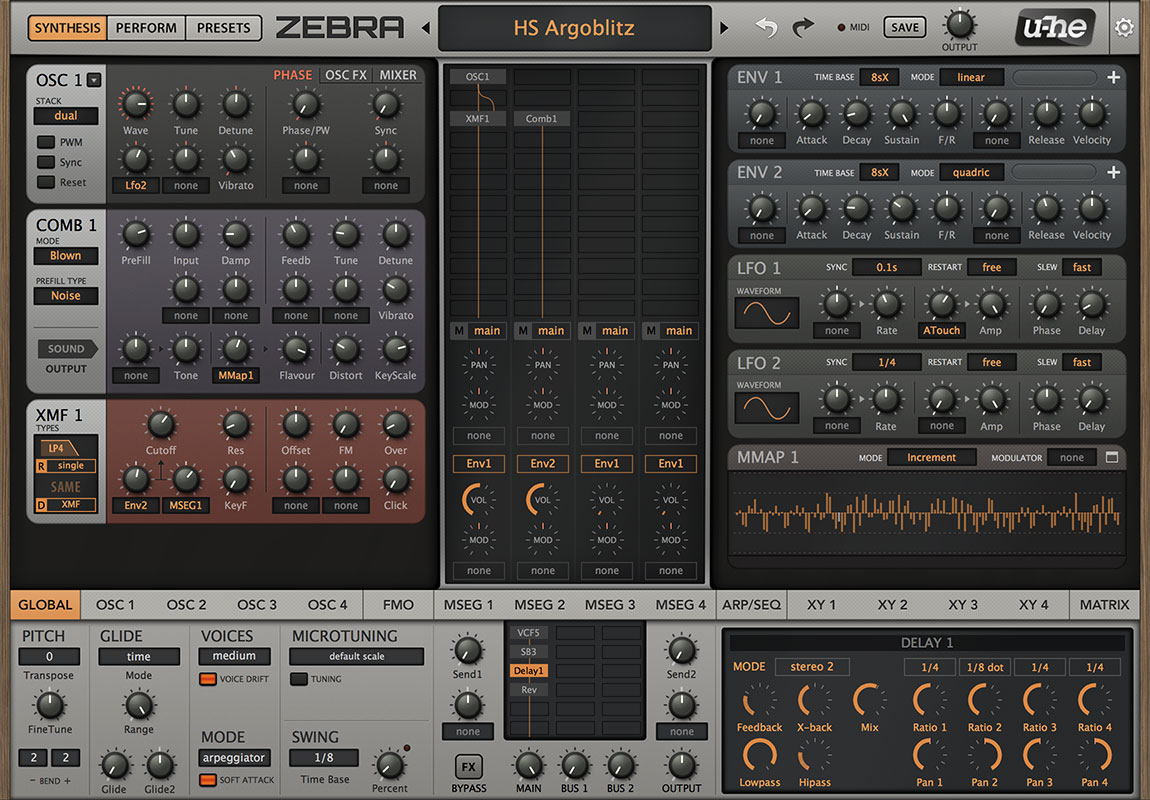
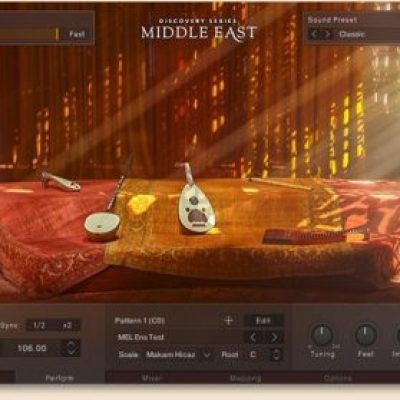
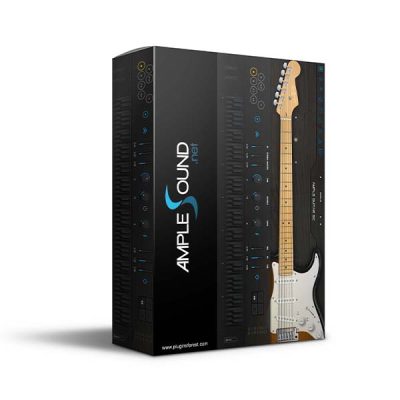
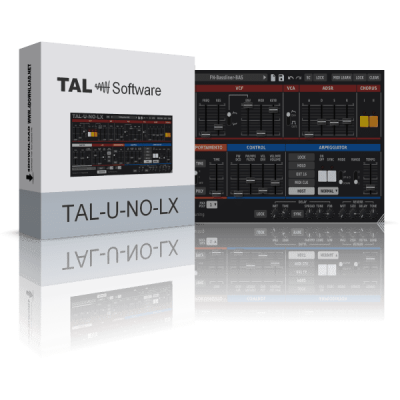
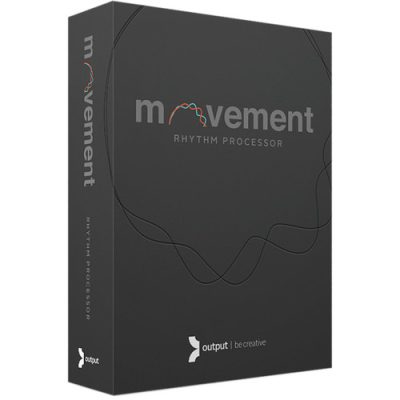
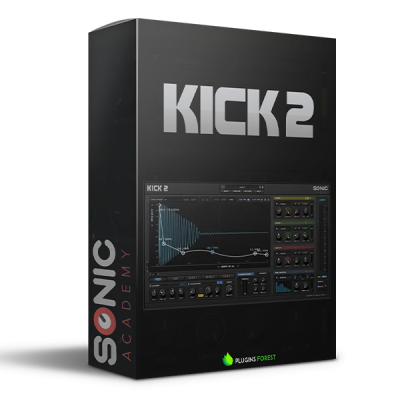
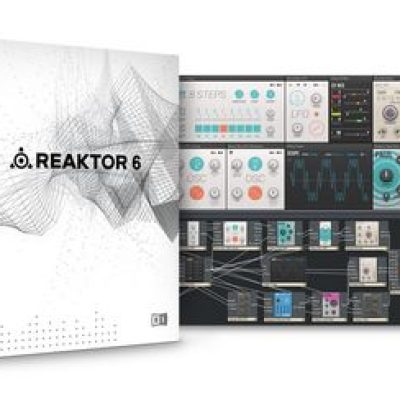
Nicki Minaj –
This software has taken my music production to the next level – highly recommend for any serious producer out there!
Justin Timberlake –
I love the range of unique sounds I can create with this plugin – definitely a game-changer for my music production setup!
Kurt Cobain –
I’m blown away by the variety of sounds I can create with this software – definitely recommend for any music producer!
TheWeeknd –
Loved how easy it was to create unique sounds, definitely worth the price.
TheWeeknd –
I absolutely love the sounds I can create with this software – highly recommend!
One Direction –
This software is a game-changer for my music production—so many customizable options and sounds, truly impressed.
Drake –
This software is amazing – easy to use and sounds incredible! A bit pricey, but worth every penny for the quality you get.
KendrickLamar –
I’ve been really impressed with the sound quality and versatility of this synth – definitely worth the investment!
Nas –
I purchased this software and was blown away by the quality of the sounds, definitely worth the investment.